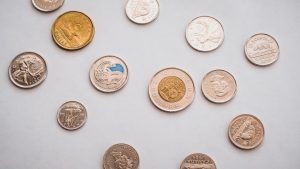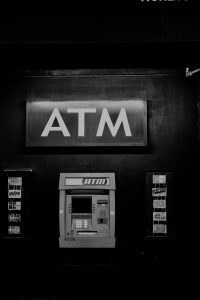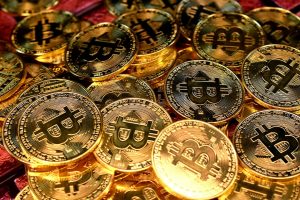Forex, or foreign exchange, is the market where currencies are traded. It is the largest and most liquid financial market in the world, with an estimated $5.3 trillion traded daily. Forex trading involves buying and selling of currencies in pairs, with the aim of making a profit from the difference in their exchange rates.
The forex market is decentralized, meaning that there is no physical location where trading takes place. Instead, it is conducted through a global network of banks, brokers and other financial institutions. These entities are connected through electronic communication networks (ECNs) and operate 24 hours a day, five days a week.
The forex market is a global market, and it operates in all major financial centers across the world. The most active trading sessions are during the London, New York and Tokyo sessions, which overlap to create the busiest trading hours.
Forex trading involves the buying of one currency and the simultaneous selling of another. These two currencies are called a currency pair. The value of a currency is determined by its exchange rate against another currency. For example, the exchange rate for the EUR/USD currency pair shows how many US dollars can be exchanged for one euro.
Forex trading can be a speculative investment, where traders aim to profit from fluctuations in exchange rates. Traders can take long or short positions, depending on their view of the market. A long position means buying a currency pair, while a short position means selling a currency pair.
Forex trading is often associated with high volatility and risk, due to the rapid changes in exchange rates. However, traders can mitigate their risk through the use of various tools, such as stop-loss orders and leverage.
Stop-loss orders are used to automatically close a trade if the exchange rate reaches a certain level, limiting the trader’s potential losses. Leverage allows traders to control a large position with a small amount of capital. This can amplify potential profits, but also increases the potential risk of losses.
Forex trading can be conducted through various channels, including banks, brokers or online trading platforms. Each of these channels has its own advantages and disadvantages, and traders should choose the one that best suits their needs.
Banks offer forex trading services to their clients, and they are often the most reliable and secure option. However, they may charge higher fees and require larger minimum account balances.
Brokers offer forex trading services to individual traders, and they often provide access to a wider range of currency pairs and advanced trading tools. However, they may charge higher fees and are subject to regulation by various authorities.
Online trading platforms offer forex trading services to individual traders, and they are often the most convenient and accessible option. They offer a range of trading tools and features, and often have lower fees and minimum account balances. However, they may be subject to security risks and scams, and traders should be careful when choosing a platform.
In conclusion, forex trading is the buying and selling of currencies in pairs, with the aim of making a profit from the difference in their exchange rates. It is the largest and most liquid financial market in the world, and it operates through a global network of banks, brokers and other financial institutions. Forex trading can be a speculative investment, and it is often associated with high volatility and risk. However, traders can mitigate their risk through the use of various tools, and they can choose from various channels to conduct their trades.





